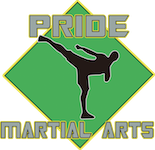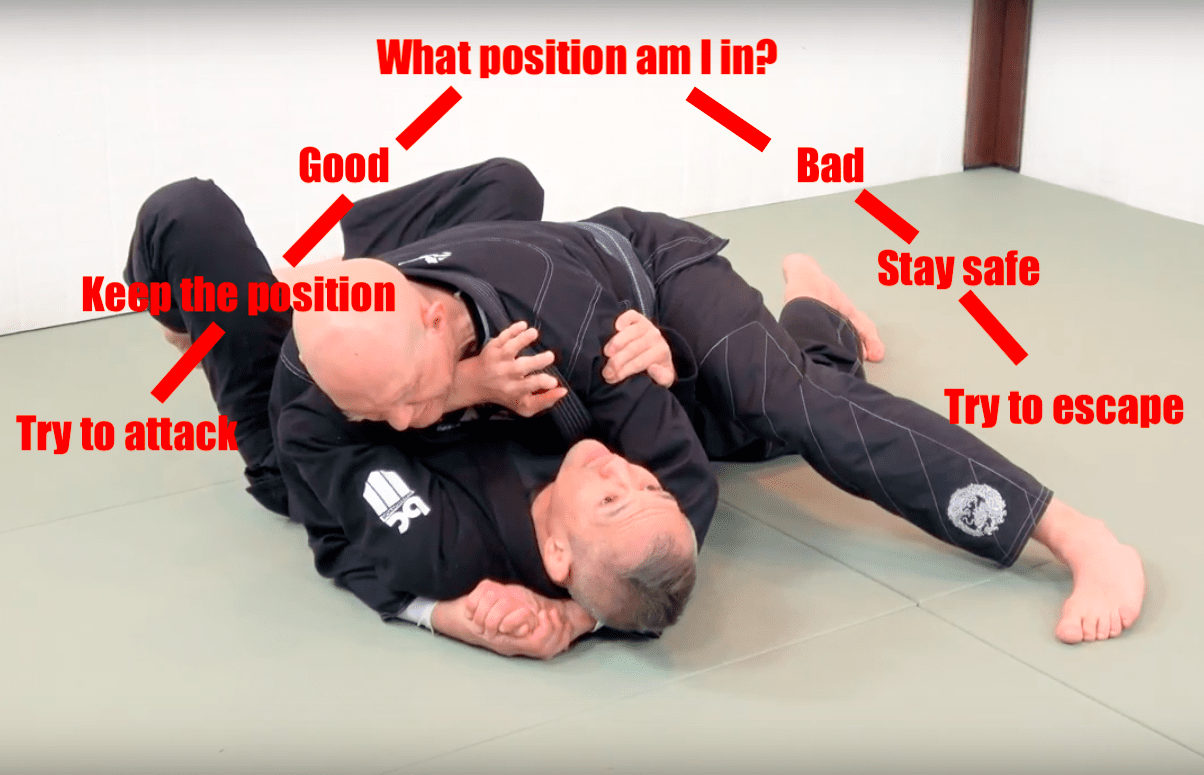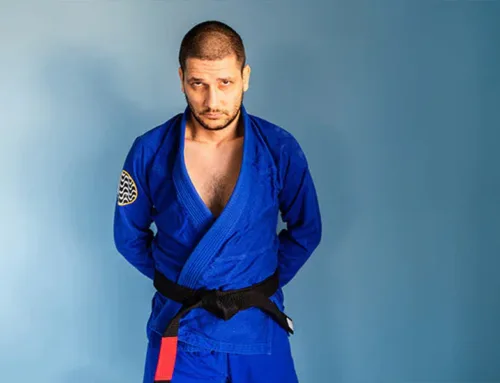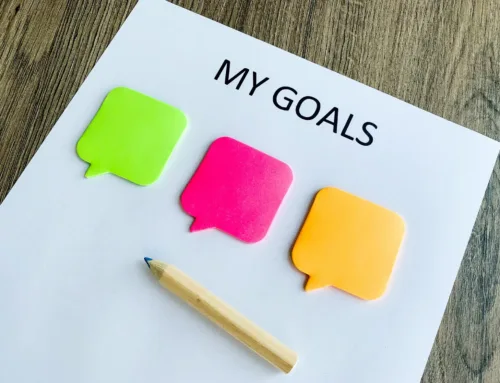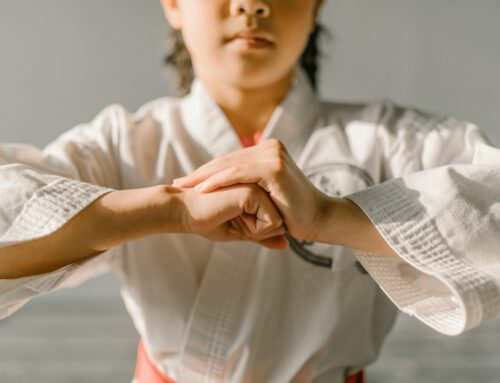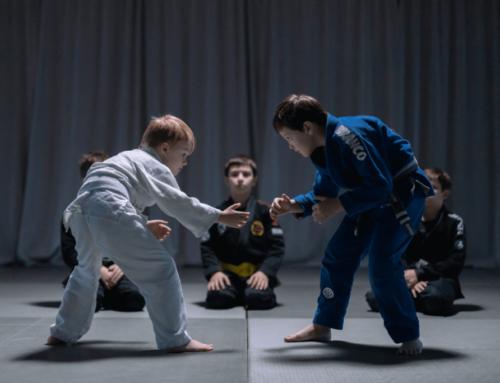Jiu-Jitsu is a martial art that focuses on ground fighting and submission holds, making it unique and highly effective in self-defense. It originated from Japanese Jiu-Jitsu and evolved into Brazilian Jiu-Jitsu, both of which emphasize leverage and technique over brute strength. This makes Jiu-Jitsu accessible to people of all ages and fitness levels.
Learning Jiu-Jitsu can be incredibly rewarding. It provides a full-body workout, improving your physical fitness, flexibility, and endurance. But the benefits don’t stop there. Jiu-Jitsu also offers significant mental and emotional advantages. The discipline and focus required during training sharpen your mind and boost your problem-solving skills. Additionally, the camaraderie in the dojo helps build a sense of community and belonging.
For those new to Jiu-Jitsu, starting can feel overwhelming. However, understanding the basics and knowing what to expect can ease the transition. Whether you are looking to improve your fitness, boost your confidence, or learn effective self-defense techniques, Jiu-Jitsu offers a comprehensive approach to personal development.
What is Jiu-Jitsu?
Jiu-Jitsu is a martial art that focuses on immobilizing an opponent through various techniques such as joint locks and chokeholds. It originated in Japan and was designed to allow a smaller person to defeat a larger, stronger adversary using leverage and skill. The core philosophy of Jiu-Jitsu revolves around the concept of “yielding,” where one uses an opponent’s force against them rather than directly opposing it.
Over time, Jiu-Jitsu split into different styles, each with its unique characteristics. Two primary styles are Japanese Jiu-Jitsu and Brazilian Jiu-Jitsu (BJJ). Japanese Jiu-Jitsu is the traditional form and emphasizes a wide range of techniques, including strikes, throws, and grappling. Brazilian Jiu-Jitsu, on the other hand, focuses more on ground fighting and submission holds. BJJ is well-known for its effectiveness in mixed martial arts competitions and has gained immense popularity globally due to its practical self-defense applications.
Essential Techniques for Beginners
Learning the fundamental techniques is crucial for anyone starting Jiu-Jitsu. Here are some key techniques every beginner should know:
– Guard Positions:
– Closed Guard: The practitioner wraps their legs around their opponent’s waist, controlling their movement and setting up submissions.
– Open Guard: Unlike the closed guard, the legs are not locked around the opponent, providing more flexibility and the ability to transition to other techniques.
– Submissions:
– Armbar: A technique that hyperextends the elbow joint, forcing the opponent to submit to avoid injury.
– Rear Naked Choke: Applied from behind the opponent, this choke cuts off blood flow to the brain, compelling the opponent to tap out.
– Escapes:
– Shrimp Escape: A movement that allows the practitioner to create space and escape from an opponent’s control.
– Bridge Escape: Using the hips to lift and roll an opponent off, often used to escape from the mount position.
Each of these techniques has its purpose and requires practice to master. Guard positions help control the fight, submissions end it, and escapes ensure survival. Practicing these basics repeatedly builds a solid foundation for progressing in Jiu-Jitsu.
Benefits of Practicing Jiu-Jitsu
Practicing Jiu-Jitsu offers numerous physical benefits. It provides a full-body workout that builds strength, flexibility, and endurance. The constant movement and effort required during training sessions enhance cardiovascular health. Engaging in Jiu-Jitsu regularly helps develop muscle tone, increase agility, and improve overall physical fitness.
Jiu-Jitsu also offers significant mental and emotional benefits. The discipline and focus required in mastering techniques sharpen the mind and improve concentration. Practitioners learn how to stay calm under pressure, which can be helpful in stressful situations outside of training. Jiu-Jitsu also encourages a positive mindset, where overcoming challenges and setbacks is part of the learning process. This resilience can be applied to everyday life, fostering a more balanced and mentally strong individual.
Additionally, the social environment of Jiu-Jitsu fosters camaraderie and helps build a sense of community. Training with others and working towards common goals can reduce feelings of isolation, improve self-esteem, and provide a supportive network of friends.
Getting Started with Jiu-Jitsu Training
Starting Jiu-Jitsu can be an exciting yet daunting experience. Knowing what to expect in your first class can make it easier. Your first session will likely involve a warm-up, basic drills, and an introduction to fundamental techniques. Don’t worry if you don’t get everything right the first time; beginners are not expected to be perfect.
Here are some tips to help you prepare:
- Dress Comfortably: Wear clothing that allows you to move freely. Many gyms offer to lend temporary gis (the Jiu-Jitsu uniform) for first-timers.
- Hydrate and Fuel Up: Drink plenty of water and eat a light meal before class to ensure you have the energy you need.
- Bring a Positive Attitude: Come with an open mind and willingness to learn. Jiu-Jitsu is a journey, and every expert was once a beginner.
Understanding basic Jiu-Jitsu etiquette is also crucial. Show respect to instructors and fellow students by bowing when you enter and leave the mat. Keep your uniform and yourself clean, and always listen attentively to instructions. Essential gear includes a gi, mouth guard, and sometimes a water bottle to stay hydrated during training.
Conclusion
Jiu-Jitsu provides a fantastic way to develop physical fitness, mental sharpness, and emotional resilience. Learning the basics can seem challenging, but the rewards are well worth the effort. From guard positions to submissions and escapes, each technique you master builds your confidence and skills. The physical benefits include increased strength and flexibility, while the mental benefits foster focus and discipline. The sense of community and camaraderie adds a social dimension that enhances overall well-being.
Joining a Jiu-Jitsu class opens up a world of personal growth and development. At Pride Martial Arts Academy, we offer comprehensive Jiu-Jitsu programs that cater to all skill levels. Start your Jiu-Jitsu journey with us and discover your full potential. Contact Pride Martial Arts Academy today to sign up for your first class!
